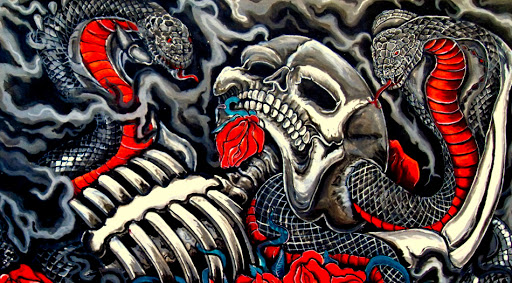Every hour of the day in India at least 15 people commit suicide, according to the latest official data.
Figures released by the National Crime Records Bureau last week show that 135,585 people killed themselves in 2011, which indicates a rise of 25 percent in the past 10 years. Poverty, family issues and illness have been cited as the major causes.
The data also shows more men committed suicide than women, by a ratio of almost 2:1. The report which came along with the data said: "Social and economic causes have led most males to commit suicide whereas emotional and personal causes mainly drive females to end their lives."
The less educated were more prone to suicide. People who reached no higher than middle school education were the victims in 68 percent of cases, while people who achieved post-graduate status or higher accounted for only 0.5 percent.
Alarmed by the overall increase, an increasing number of social activists and health professionals are calling for the government to regard suicide as a serious public health issue rather than a mental health problem that is left for the individual to resolve.
Pallavi Tomar, a Delhi-based clinical psychologist, wants to see a coordinated effort between government, social security and health care agencies to support the poor and offer counseling to people at risk.
She pointed out that 15 to 44 is the prime age group for suicides, accounting for 70 percent of deaths. "It is sad that we are losing a great chunk of our assets — the young workforce," she said.
Tomar noted that most Indians have no medical insurance, pensions or savings, which has resulted in entire families committing suicide when the breadwinner dies of an illness, piling up medical expenses in the course of it.
"That is why government support systems become important," she said.
Rahul Sharma, a clinical psychiatrist and social activist in Bhopal, also finds the government at fault for pursuing what he calls “a faulty model of globalization,” which he says makes the poor poorer and helps the rich amass more wealth.
"The unequal distribution of wealth has created such a sense of insecurity among people that they take the extreme step of suicide," he said.
India has followed an open market system since 1991 — "without a human face," as Sharma puts it — forcing socially and economically unequal people to compete with each other. This has increased the pressuree on millions of poor people in the struggle to survive. “The administrative system has no way of sharing the prosperity of the richer group with the poor,” he said.
A closer study of the statistics reveals that poverty and illness have actually decreased fractionally as causes of suicide. Family problems emerge as the main motivator, which comes as no surprise to Ramgulam Razdan, head of the psychiatry department at Mahatma Gandhi Medical College in Indore, Madhya Pradesh.
The biggest culprit is the shift in family values from “we to I,” he believes.
"There is turmoil as more people are unable to cope up with the challenges of the modern lifestyle, prompted by media and commerce. Intolerance and greed force many to set unreasonable targets and finally ends in suicide," he said.
Originally published at UCAnews on 10 July 2013. Used by permission, all other rights reserved.

